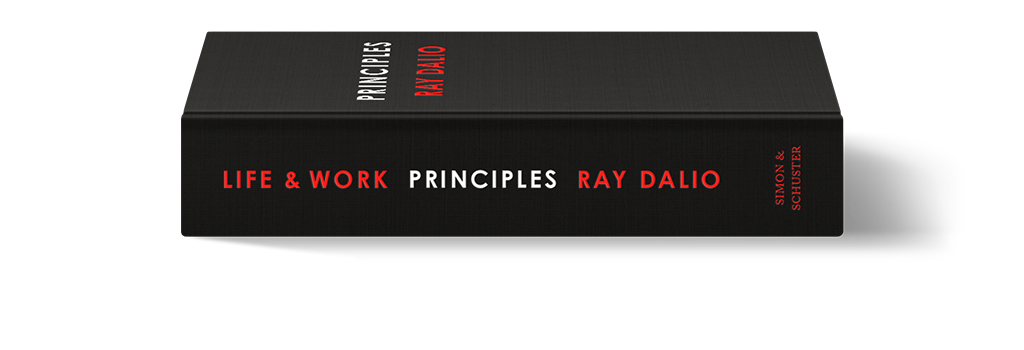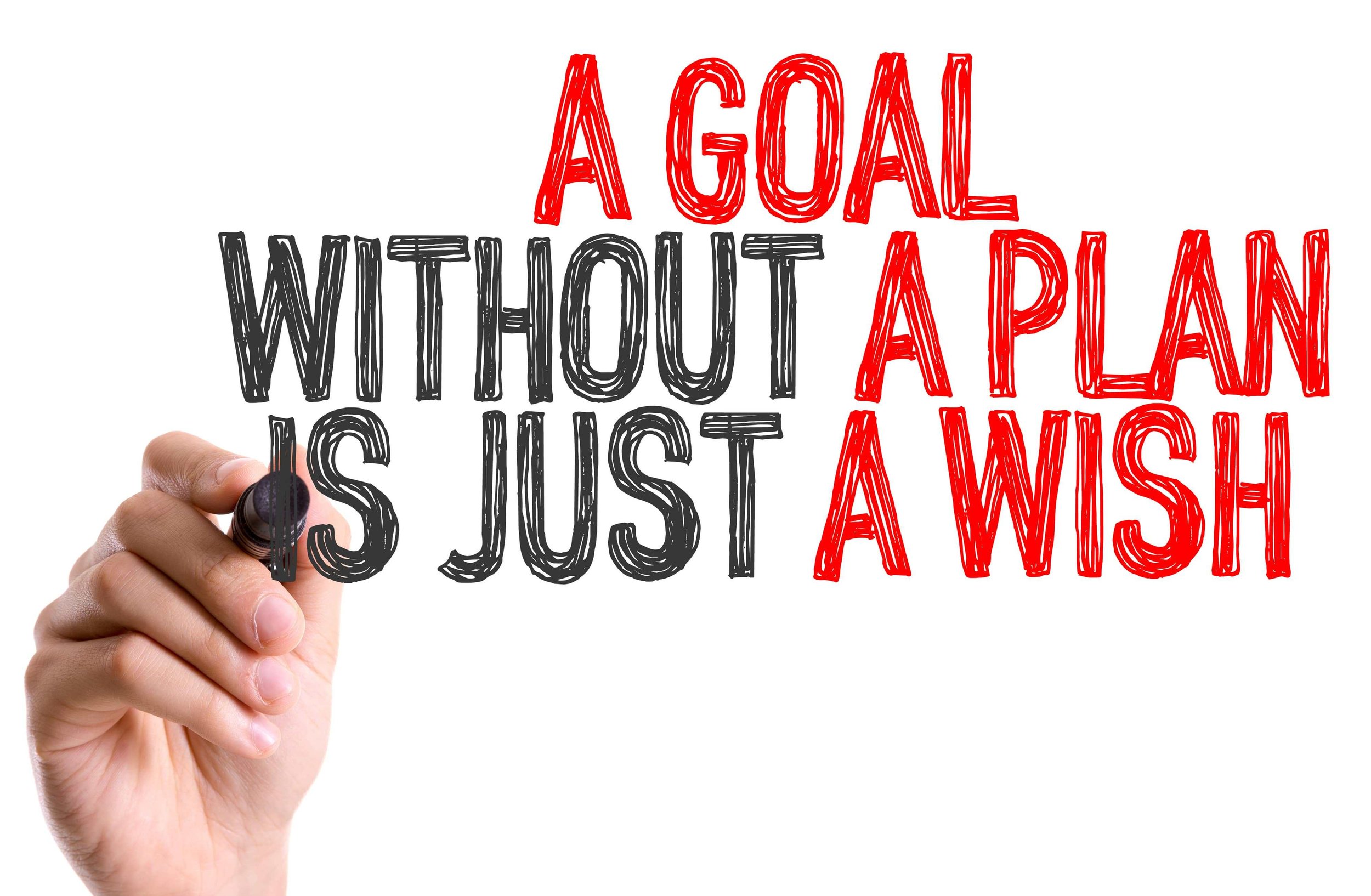“As a young coach, I was under the impossibly naive supposition that I knew it all.”
Ray Dalio, wikipedia.com
In his wildly popular book, Principles: Life and Work, billionaire investor and hedge fund manager, Ray Dalio lays out his methodical process for improving decision making. The book is comprised of two, equally weighted halves: “work” + “personal”. Through a series of parables, Dalio calmly explainx how he arrived at the principles that guided him to unimaginable success and personal fulfillment. While the principles themselves may be useful, Dalio makes careful work of showing how you can use the book’s process to create your own set of guiding beacons.
Hang with me… I promise to relate this to swimming.
Early in his book, Dalio conjures a familiar analogy; when you encounter a physical pain (i.e. touching a hot stove), intuitively you learn to stay away from making the same mistake in the future. Dalio rightly notes that our minds are adept at processing not only physical pains, but emotional pains in a similar way. Most people don’t innately turn their focus towards emotionally fraught topics, rather, it is our (perhaps subconscious) instinct to retreat from them.
Humans suppress emotional pain using any number of methods: exercise, eating, substance abuse, media, projecting, distraction… etc. However, when we turn our attention from emotional pain, Dalio posits, we miss a valuable opportunity. Much like learning not to touch the hot stove after a burn, living through trying experiences creates a favorable head space for learning from that experience. Thus, if framed properly, we can learn to leverage experiential learning to create action steps (“Principles”) that will maximize our ability to manage tough times and eventually evolve into an ability to learn from them.
Recently, a variety of experience (emotional, painful, joyous) have led me to my own quest to develop guiding principles.
kitch consulting and coaching
As a young coach, I was under the impossibly naive supposition that I knew it all: the best way to train, to teach, to build a club… One might think that my myriad of failures would be a tip off to how much there was to learn… As I evolved through my coaching career, it became perfectly evident that of an ocean of potential knowledge, my expertise could perhaps fill a short course pool. In order to open heartedly express to our swimmers that they were in good hands, I had to expand my expertise on a number of fronts. I needed to fill out my knowledge in physiology, hydro-dynamics, psychology, brain science, periodization, strength training… the list goes on…
Thus, I developed my own guiding principle for life + work:
Know what you don’t know.
This simple phrase encapsulates a lot for me. In order to benefit from the ocean of available resources, you must bring humility and gratitude to your craft. It is imperative that you are able to be honest with yourself and others about your knowledge gaps. Instead of feeling shame for what you don’t yet know, use that feeling as recognition that there is an opportunity for learning. Here are a few ways you can bring this “principle” into your training and evolution.
As a Coach or Training Planner:
Principle: Know what you don’t know.
shutterstock.com
Perhaps another day, I should list (and celebrate) all my failures in a confession style post, but for today, please take my word that there have been many. I have overestimated my knowledge on a laundry list of topics. In doing so, I have made errors in training planning that potentially could have been avoided. It’s possible that if I had, at the time, a clearer understanding of my knowledge gaps, a mentor or resource could have been relied upon to find the answer. Regardless of whether we are coaches or athletes planning our own training, we owe it to those we work with to be honest about our ability to help them accomplish their goals. An additional unintended consequence, perhaps, is that we will demonstrate for our swimmers that there is no shame in admitting when we don’t know something.
As a swimmer:
Principle: Bring Humility to your craft and you will never be at a loss for people willing to help you along the way.
There is a Japanese concept known as Kaizen. Kaizen is the relentless pursuit of perfection, all the while knowing that true perfection is unattainable. Great swimmers know this concept well. Part of what makes swimming so intoxicating as a craft is that there are an impossible number of iterations for how to accomplish your goals. The best swimmers in the world never stop trying to improve- the fastest swimmers are tweaking, seeking and searching for ways to get better. Great swimmers know what all great craftsmen know: there is always something more to learn. So, be open minded to critique. Recognize that everyone you come in contact with can teach you something. Bring humility to your endeavors and you will never be at a loss for people willing to help you along your path.
In Goal Setting:
Principle: A majority of swimmers know their goals in time, but very few have a well defined recipe for accomplishing that result.
State a specific swimming goal: “I want to break 1 minute in the 100 free”. Now, define the recipe for accomplishing that goal- for the sake of conversations, let’s call this recipe “process steps”. With out the process steps, your goal is a vague number on a score board. You can’t stand along side the pool side before a training session and say, “today I am going to train 59 in the 100 free”. As a stand alone statement, this is patently nonsense. A majority of swimmers know their goals in time, but very few have a well defined recipe for accomplishing that result. Here is where the principle comes into play. Know which parts of the process are clear and which need illumination. From this position you can then evaluate what you still have to learn and what process will be necessary to accomplish the goal.
In Closing:
I would challenge you to ask yourself this, “what is something I don’t know, that I wish I did” or “what is a knowledge gap that is standing in the way of my goal?” Once you have an answer, ask yourself another question. “What is the process for changing that?”… when you are ready you can take it one step further, “how can I build a muscle that reliably guides me through this recognition and learning process time and time again”.
Creating that intuition is daily process, but I would propose that it is one that is worth while and will, regardless of your goals, serve to make your life more successful and fulfilling.
Thanks for reading and sharing,
Jeff Gross
Founder, techniq group







